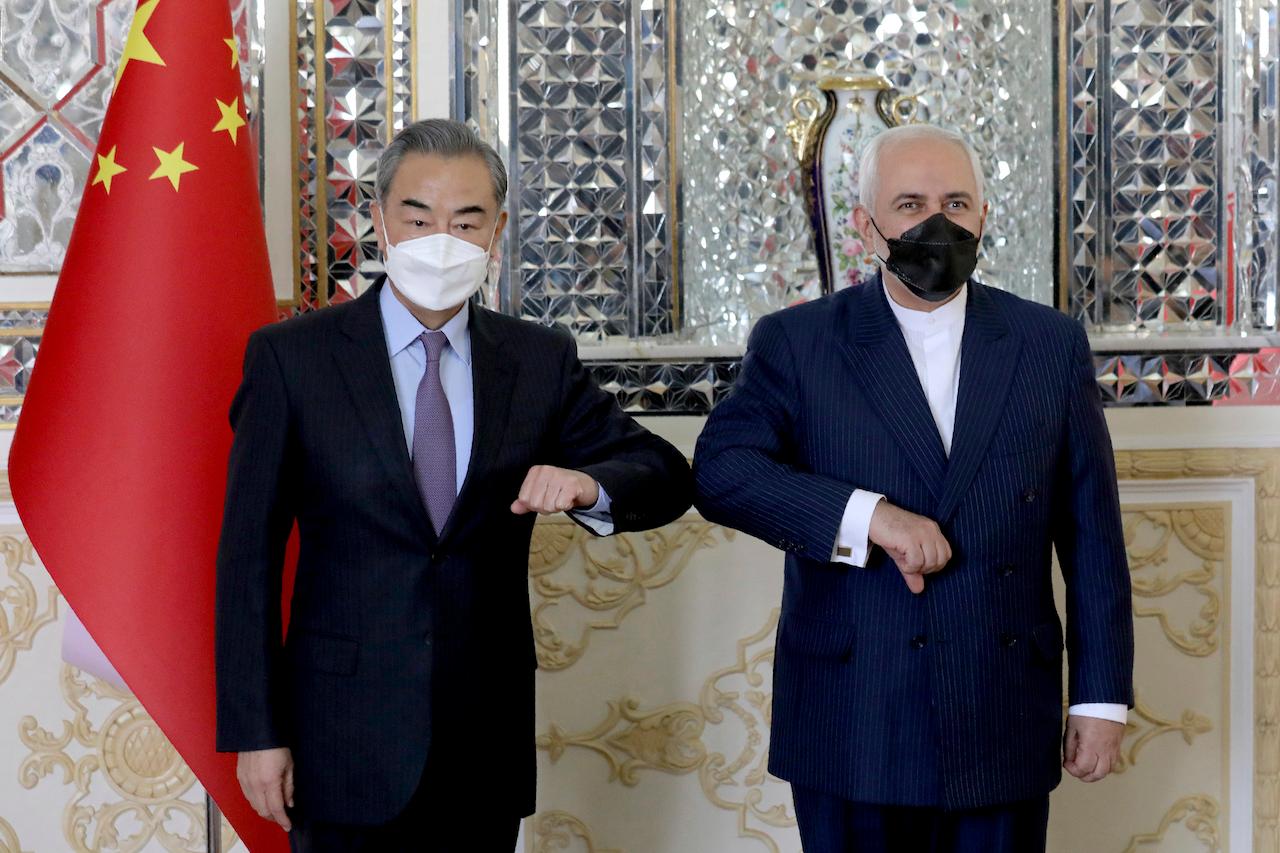China builds inroads in Middle East with 25-year Iran deal
The US has tried to pivot away from the troubled Middle East to the lucrative and strategically important Asia-Pacific region without much success so far.
Just In
China and Iran signed a deal over the weekend that their foreign ministers said was designed as a strategic partnership to last for the next quarter of a century.
The “Comprehensive Strategic Partnership” agreement, signed in Tehran by Iranian Foreign Minister Mohammad Javad Zarif and his Chinese counterpart, Wang Yi, has been in the works since 2016, when President Xi Jinping became the first Chinese leader to visit the Iranian capital in over a decade.
The details of the deal have not been made public but analysts say that China, in defiance of American sanctions, will probably buy Iranian oil and in turn, invest some of its wealth in Iran. Sanctions have starved Iran of foreign investment, says the BBC.
The pact drew criticism from many Iranians on social media who accused President Hassan Rouhani’s government of “selling” Iran to China, reports Reuters.
The deal could pave another section of road as the latest extension to China’s vast infrastructure project, the Belt and Road initiative, which is creating the connections Beijing needs to continue its expansion as a global power.
The new deal will feed into Iran’s face-off with the US.
Both Iran and the Biden administration in Washington have declared that they would like the US to rejoin the agreement regulating Iran’s nuclear activities, known as the Joint Comprehensive Plan of Action (JCPOA). Former president Donald Trump pulled the US out of the deal in 2018.
Now that Iran has signed up with China, which is also a party to the JCPOA, Tehran will be hoping for more than simply increased oil sales, vital as they are to an economy that has been severely damaged by sanctions.
The deal should give Iran more leverage with the US.
President Biden, like his two predecessors, has tried to “pivot” away from the Middle East to the lucrative and strategically important Asia-Pacific region. In practice, it has been impossible, as there are too many issues in the Middle East that the US considers vital to its interests. One of those is Iran, and its nuclear ambitions.
China believes that the US is in a long-term, irreversible decline. It sees itself as the world’s rising power of the 21st century and beyond, and a power of that magnitude cannot ignore the Middle East.
Wang’s Middle East tour was not confined to Tehran for the signing ceremony.
China Daily, an organ of the Chinese Communist Party, reports that he unveiled a five-point plan “for achieving security and stability in the Middle East by offering constructive boosts to Palestine-Israel dialogue, resuming the Iran nuclear deal and building a security framework in this region”.
The Chinese People’s Liberation Army has already built its first overseas military base on the Red Sea, in Djibouti. It overlooks one of the world’s busiest shipping lanes and is only 10km from the home of the US military’s Africa Command.
Subscribe to our newsletter
To be updated with all the latest news and analyses daily.
